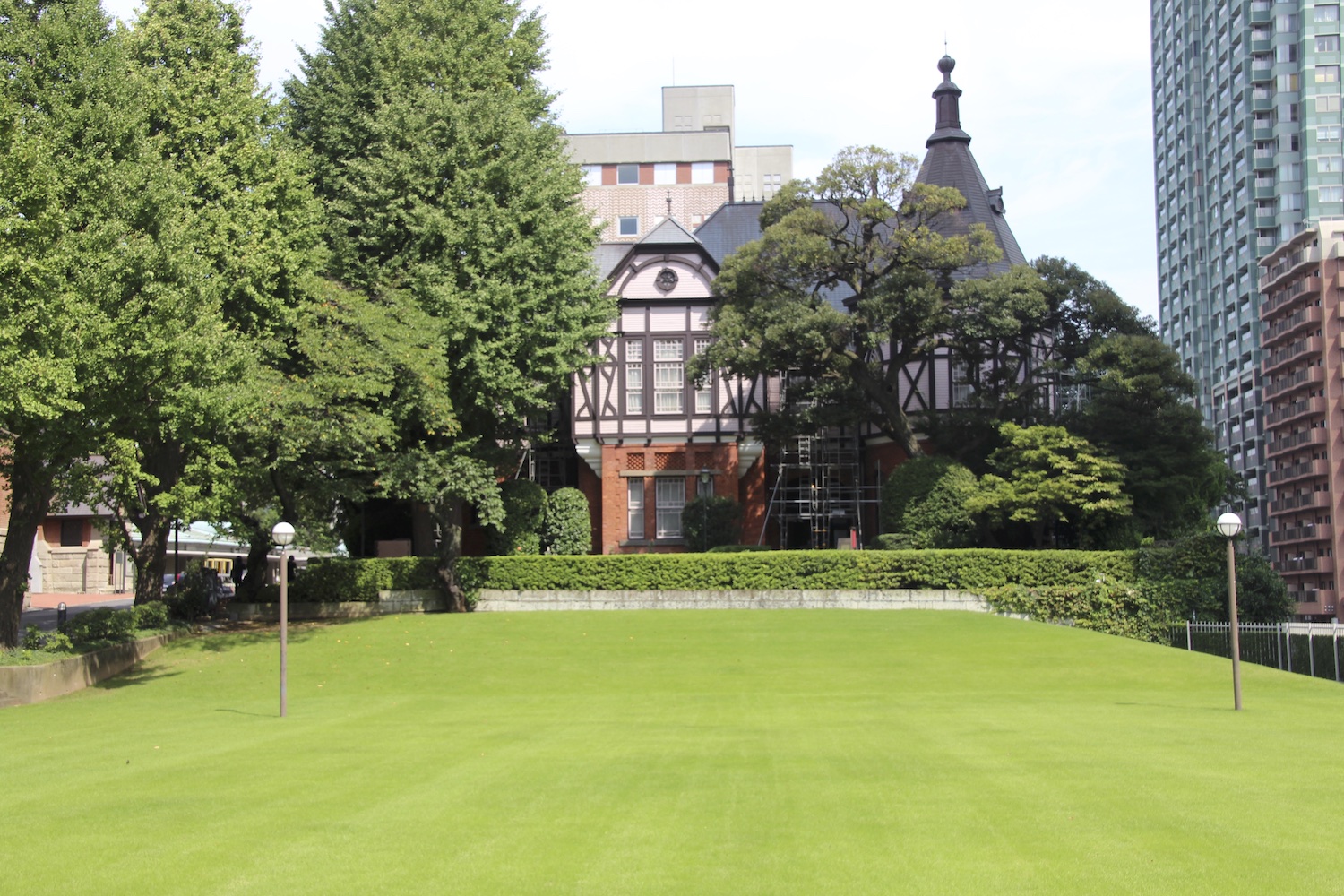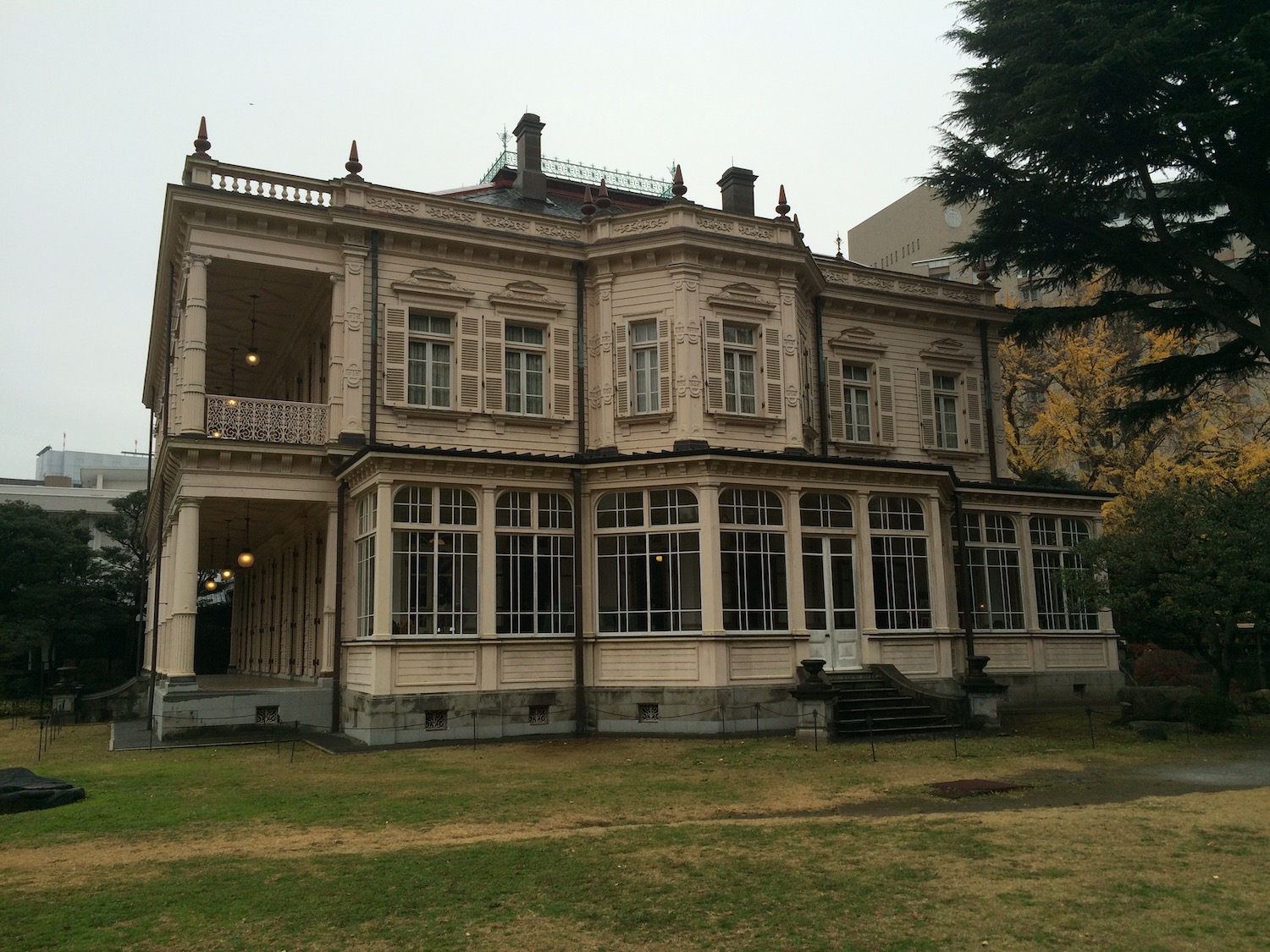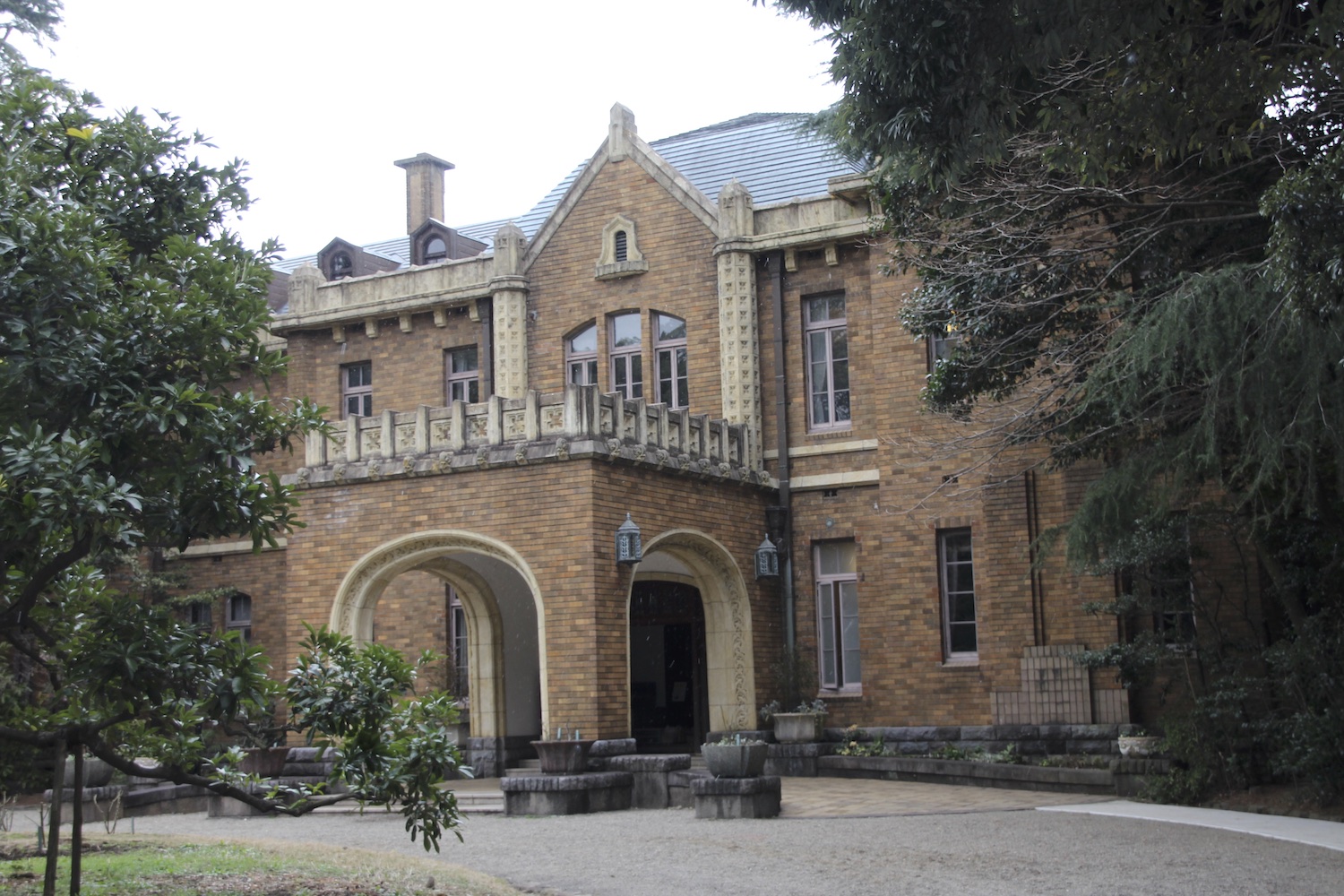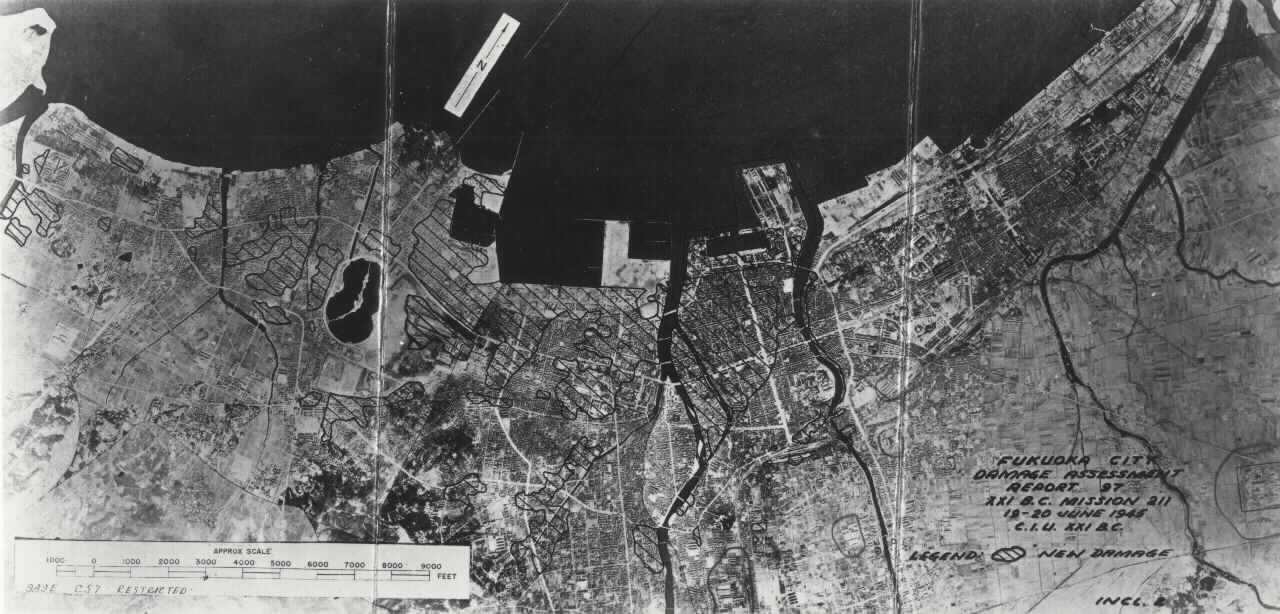After watching the HBO series Band of Brothers half a dozen times over the years[1] I finally bought the book by historian Stephen E. Ambrose upon which the series was based. Although it has taken me about six months to get through it—hard to read with a young child in the house—I found Easy Company’s tale even more engrossing in print than it had been on TV. The odd thing about a book like this is that you almost feel sad that the war and the saga come to an end. You want to go on having adventures with the guys. (View the route Easy Company took here.)
Reading Band of Brothers, I was struck by a number of things that are worth mentioning.
One is how so many people volunteered to fight in the war. If I am not mistaken, all of the original members of Easy Company were volunteers. What's more, their story was one of constant shortages. When fighting in Bastogne, for instance, they had little ammunition, no winter clothing, very little food, and yet had to contend with a major counter offensive by the German Army. The shortages were not only endured by soldiers on the front, of course. Back on the home front, all sorts of things from sugar and butter to nylon and gasoline were rationed, limiting what people could buy even if, and this is important, they could afford to buy more, meaning everyone was, to some extent, feeling the effects of the war.
Contrast that with the situation today in the U.S., where in our two most recent wars the general population was never really called on to make sacrifices. Rather than reintroducing conscription which would not have been unimaginable considering America was involved in two wars,[2] members of the National Guard and reservists were instead sent to fight in Afghanistan and Iraq. Guardsmen who often joined up thinking they’d only have to put in one weekend a month, two weeks a year were now being mobilized for twenty-four months. During the height of the Iraq War, some 28% of troops were Guardsmen or reservists. (In the meantime, their homes were being foreclosed upon. Utterly shameful.) And, instead of, say, raising the tax on gasoline at the pump to help pay for the wars, Bush (What me worry?) pushed through a second round of tax cuts. Almost as unthinkable, the government continued to give a tax break to businesses which bought gas-guzzling SUVs, thanks to a tax loophole so big you could drive a Hummer through it. (And many did.) Were average Americans asked to sacrifice? No, they were told to “get down to Disney World in Florida”. Unbelievable.
The second thing that occurred to me is how little time had passed between the end of the war and my debut on this planet of ours. I was born in the mid 60s, a little over twenty years after the end of the war in Europe. I’ve been living in Japan for longer than that now and it seems like only yesterday when I first arrived. The war, I imagine, must have still been very fresh on the minds of those who had fought it. By the 1960s, many of the veterans would have been in their mid forties, my age at the time of writing this.. (Easy Company was made up of kids when they jumped from planes into Normandy.) They would have witnessed the U.S., which had once been a reluctant entrant into that most destructive and deadly of wars, become an enthusiastic dabbler in other nation’s affairs.[3] I wonder how they felt about that.
Although my father was only fifteen when the war came to an end†, two of my uncles on my mother's side did serve. One of them was only 14 or so when Japan attacked Pearl Harbor in 1941, but the war would drag on long enough for him to become old enough (17) to enlist. Imagine that. His brother who was nine years his senior was drafted and joined the US Army Air Forces.
Born in the 1960s, I grew up watching a hell of a lot of TV dramas and movies about World War II. On the boob tube there was Hogan's Heroes, one of my favorites, Combat, Baa Baa Black Sheep, and so on. Hollywood produced classics, such as The Dirty Dozen, Tora! Tora! Tora!, Kelly's Heroes, The Great Escape, A Bridge Too Far, The Bridge over River Kwai, The Longest Day, Patton, From Here to Eternity. . . And these are just the ones that I can name off the top of my head. I even played with plastic toy soldiers that were modeled after WWII soldiers and a replica machine gun. So, even though I had been born two decades after the war's end, it still felt close, far closer than what was happening in Vietnam, oddly enough.
The proximity in time of the war hit home again when as a teenager in the mid 1980s I lived in Germany. It was not unusual at the time to find buildings that showed evidence of damage due to the fighting or to see men in their fifties and sixties who were missing limbs. The grandfather of one of the families I lived with in had been a tank driver on the Eastern front and had lost an eye. Some six to eight million Germans would die in the war, that's 8 to 10 percent of the country's 1939 population.[4]There were Germans, believe it or not, who were still bitter at what the Americans had done to them. I recall one old woman giving me an earful as she recounted the “cruelty” of the Americans forcing her to bury the dead at a concentration camp. (No, I am not making this up.) Looking at the map, the closest concentration camp to Göttingen, the city where I lived the longest, was the notorious Buchenwald camp fifty miles to the southeast. At the time, it was located in the DDR, or East Germany.
Despite the hardships, many Americans endured before and during World War II, the so-called “Greatest Generation” lived through some of America’s darkest and brightest days. Sons of the Great Depression they saw a country, which had been down on its luck, muster the strength to stand up to and eventually defeat two of the most awesome military powers the world had known. They would return victors, start families, and enjoy a prosperity that expanded the middle class, making the American Dream readily available to so many people. They would go on to retire in the mid 1980s when Reagan declared that it was morning again in America. They sacrificed much, but gained much in return. I wish the same could be said today.


























